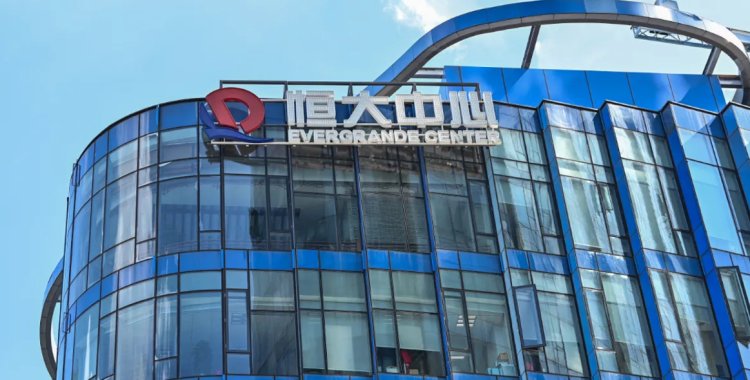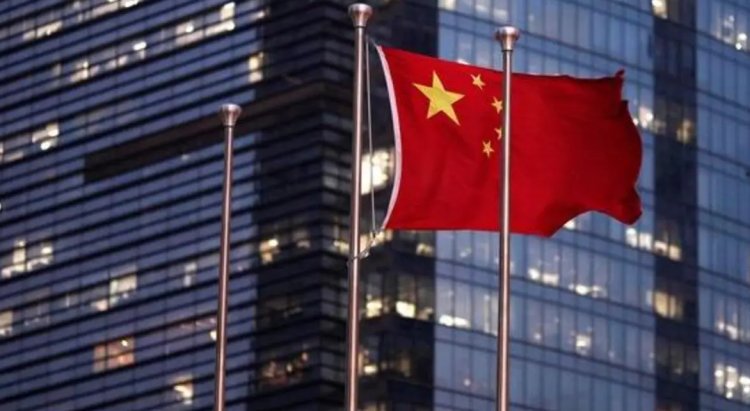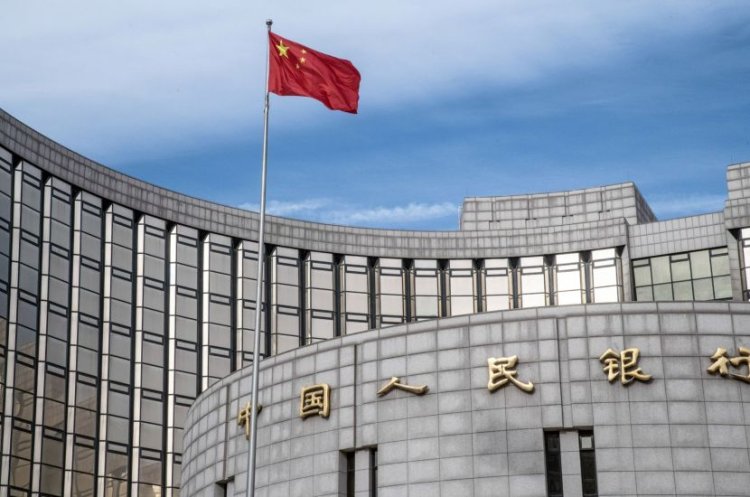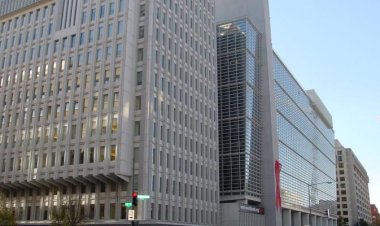After the debt crisis.. A new Chinese plan to revive the real estate sector
China has launched a pilot plan to boost private investment in the real estate sector, the China Securities Commission said.

After a severe debt crisis hit the Chinese real estate sector, following the Corona pandemic, which almost toppled the largest real estate companies in China, such as Evergrande.
It seems that China is seeking to restore its position, and to lure foreign investors and institutions, to return again to the second largest economy in the world, after abandoning the zero Covid policy and reopening the economy.
• New plan
China has launched a pilot plan to boost private investment in the real estate sector, the China Securities Commission said.
The pilot plan is expected to involve at least 30 million yuan (4.37 million US dollars) in the first round.

• Investment funds
China intends to launch a pilot program for investment funds in private real estate companies, as part of its efforts to boost the real estate sector.
The China Securities Regulatory Commission said those investment funds will focus on residential, commercial and infrastructure projects.
It added that investors in the pilot products must be institutions and must pay at least 10 million yuan ($1.5 million), without announcing details of when and where the pilot will start.
At the end of last year, Chinese regulators unveiled a comprehensive plan to revive the flagging housing sector, focusing mainly on the supply side, by pledging financial support to cash-strapped developers.
In January, home prices in China stabilized, ending a 16-month decline, as the improvement came after the government expanded its stimulus policies to the sector.
• Attracting investments
Experts say that this step allows foreign funds to benefit from the Chinese real estate market, and prompts investors to re-evaluate opportunities, three years after the Corona pandemic.
A pilot program that will allow private equity (PE) investors to release funds to prop up China's real estate market will provide much-needed liquidity to developers and help foreign funds tap into the market.

• Foreign direct investment
On a connected level, The Chinese Ministry of Commerce said that foreign direct investment in actual use in the Chinese mainland rose 14.5 percent year on year to reach 127.69 billion yuan in January.
China's trade showed that in US dollar terms, the inflow of foreign direct investment rose 10 percent year on year to reach 19.02 billion US dollars.
High-tech industries witnessed a rapid increase in foreign direct investment, by 62.8 percent last January.. Specifically.
Foreign investment in the high-tech manufacturing sector increased by 74.5 percent, while investment in the high-tech services sector increased by 59.6 percent.
FDI flowing into the central regions of the country recorded a year-on-year expansion of 25.9 percent, followed by 21.6 percent in the western regions.


 Shrouq
Shrouq 












